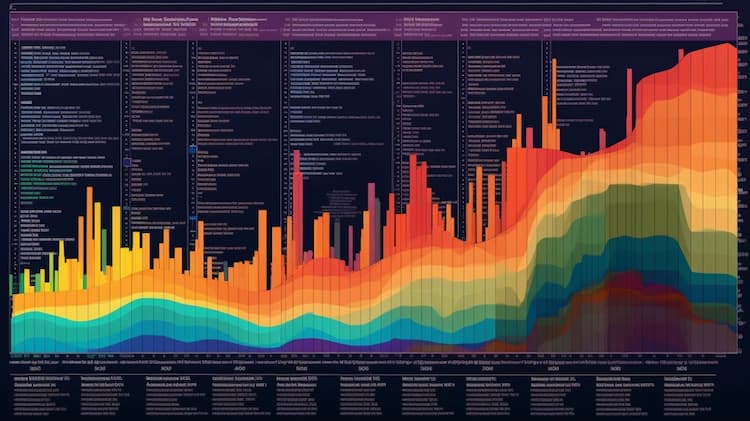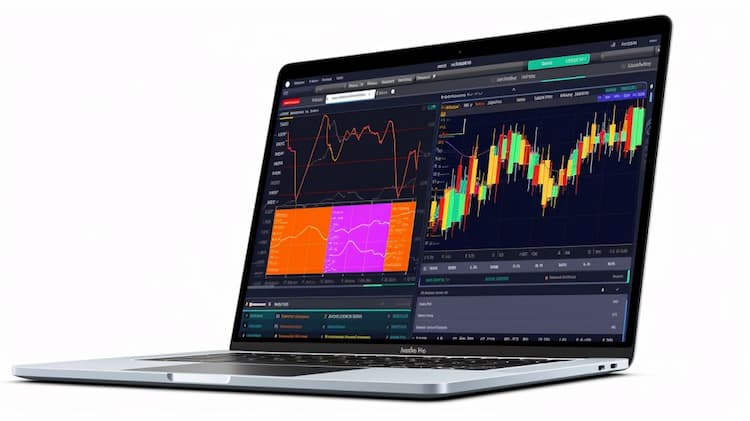
What are the best Value ETFs?
The best Value ETFs are those that focus on investing in stocks that are considered undervalued compared to their intrinsic worth. These ETFs typically comprise companies that have robust fundamentals but are trading below their true value due to market fluctuations or short-term concerns. Selecting the "best" Value ETF depends on various factors such as the ETF's historical performance, expense ratio, and its approach to identifying value stocks. Thorough research and consideration of one's investment goals and risk tolerance are essential in choosing the right Value ETF.
Understanding Value ETFs
Value ETFs are investment funds that focus on stocks with lower valuations relative to their fundamental characteristics, such as earnings, book value, or sales. These ETFs aim to identify undervalued companies in the market, providing investors with an opportunity to capitalize on potential price appreciation as the market recognizes the intrinsic value of these stocks. Value ETFs can be an attractive option for investors seeking long-term growth potential and a strategy grounded in fundamental analysis.
Comparing Vanguard Value ETF (VTV) and iShares Russell 1000 Value ETF (IWD)
One notable Value ETF is Vanguard Value ETF (VTV). This ETF seeks to track the performance of the CRSP US Large Cap Value Index, which includes large-cap U.S. stocks that exhibit value characteristics. VTV provides investors with exposure to a diversified portfolio of undervalued companies across various sectors. The fund's low expense ratio and large asset base make it an attractive choice for cost-conscious investors seeking broad exposure to value stocks.
Another popular option is iShares Russell 1000 Value ETF (IWD). IWD aims to track the investment results of the Russell 1000 Value Index, which includes large and mid-cap U.S. stocks with value characteristics. This ETF offers exposure to a broad range of undervalued stocks and has a long track record of performance. IWD's liquidity and well-established position in the market make it a suitable choice for investors looking to gain exposure to the value segment.
While both VTV and IWD focus on value stocks, there are slight differences in their underlying indexes, expense ratios, and holdings. It's essential for investors to evaluate these factors and consider their investment objectives and preferences when choosing between the two ETFs.
Why Invest in Value ETFs?
Investing in value ETFs can offer several benefits. First, value stocks have the potential to outperform growth stocks over the long term, as their prices may eventually reflect their true worth. This can lead to capital appreciation and potentially higher returns. Second, value ETFs provide diversification by investing in a basket of undervalued stocks from different sectors, reducing the risk associated with individual stocks. Lastly, value investing aligns with a disciplined and research-driven approach, focusing on companies with strong fundamentals and sound financials.
 Value ETF,VTV,IWD overlap What are the best Value ETFs?
Value ETF,VTV,IWD overlap What are the best Value ETFs?
Considerations for Value ETF Investors
Investors interested in value ETFs should consider a few key factors. Firstly, it's important to assess the ETF's expense ratio, as lower expenses can significantly impact long-term returns. Additionally, investors should evaluate the ETF's holdings and underlying index methodology to ensure alignment with their investment objectives. Lastly, staying informed about market trends and economic conditions can help investors make informed decisions about when to invest in value ETFs and when to potentially rebalance their portfolios.
Conclusion
Value ETFs offer investors an opportunity to capitalize on undervalued stocks and potentially generate attractive long-term returns. ETFs like Vanguard Value ETF (VTV) and iShares Russell 1000 Value ETF (IWD) provide exposure to a diversified portfolio of value stocks, each with its own unique characteristics. Before investing, it's crucial to conduct thorough research, consider personal investment goals, and consult with a financial advisor to determine the most suitable value ETF for your portfolio.
Disclaimer: This article is for informational purposes only and does not provide any investment advisory services.
Sources:
Vanguard Value ETF (VTV) - Vanguard. Retrieved from
iShares Russell 1000 Value ETF (IWD) - BlackRock. Retrieved from
Value Investing - Investopedia. Retrieved from
FAQ
What are the best Value ETFs?
The best Value ETFs can vary depending on individual preferences and investment goals. However, here are six popular Value ETFs worth considering:
What is machine learning?
Machine learning is a subset of artificial intelligence that involves the development of algorithms and models that enable computers to learn and make predictions or decisions without being explicitly programmed. It uses statistical techniques to analyze and interpret data, allowing computers to automatically improve their performance through experience.
How does blockchain work?
Blockchain is a decentralized and distributed digital ledger technology that records transactions across multiple computers. It operates through a network of computers called nodes, where each node maintains a copy of the entire blockchain. When a new transaction is initiated, it is verified by the network through a consensus mechanism, such as proof-of-work or proof-of-stake, and added to a block. Once a block is added, it is linked to the previous block, forming a chain of blocks, hence the name "blockchain." This decentralized and transparent nature of blockchain provides security, immutability, and eliminates the need for intermediaries in many applications.
How can I protect my online privacy?
Protecting online privacy involves taking various measures to safeguard your personal information and digital footprint. Here are six steps you can take:
What is renewable energy?
Renewable energy refers to energy derived from naturally replenishing sources that are virtually inexhaustible. Unlike fossil fuels, which are finite and produce harmful emissions when burned, renewable energy sources include sunlight, wind, water, geothermal heat, and biomass. These sources can be harnessed to generate electricity or provide heating and cooling without depleting natural resources or significantly contributing to greenhouse gas emissions. Renewable energy is seen as a sustainable and environmentally friendly alternative to traditional forms of energy production.













